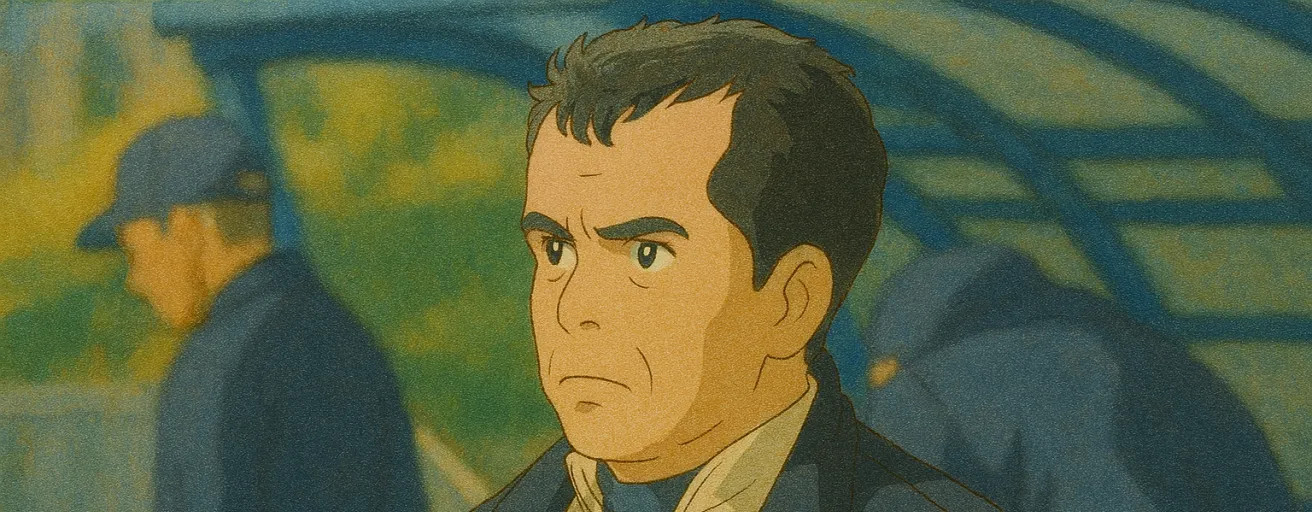
Luís Castro
The high-line maestro who makes every offside a weapon—Castro’s tactical boldness is exactly the kind of test OM must outthink to stay ahead.
Luís Castro’s rapid ascent through the coaching ranks presents a noteworthy, if not unsettling, development for Ligue 1, particularly as it concerns Olympique de Marseille. After carving out an unorthodox path—bypassing a professional playing career for intense academic study and youth coaching—Castro, now 45, has landed at FC Nantes on the strength of his work at Dunkerque, where he exceeded modest expectations with a fourth-place Ligue 2 finish and a Coupe de France semi-final.
Implications for Olympique de Marseille
While Nantes is traditionally a club with latent potential, under Castro’s stewardship they could become more of an irritant for OM—or, worse, a direct rival for European places should ambitions slacken. Tactically, Castro is cut from the cloth of modern tacticians—his devotion to a high-press 4-3-3 and aggressively set high defensive lines has not gone unnoticed. He achieved the dubious honor of provoking more offsides (209) than any side across Europe’s major leagues. The method is clear: pressing high and daring opponents into mistakes, using disciplined lines to spring traps.
Pragmatically, he’s aware that Ligue 1’s pace presents challenges, and has shown signs of adjusting his approach since stepping up to Nantes. The underlying philosophy remains: proactive football, creating as much discomfort for opponents in buildup as possible. While Castro’s recent track record—saving Dunkerque from imminent relegation, then vaulting them into the upper echelons of Ligue 2—demands acknowledgment, these achievements must be kept in perspective. His famous run to the Coupe de France semi-final, knocking out Lille and Brest, was impressive, yet ultimately finished short of tangible silverware.
Strategic Considerations for OM
Marseille should view these successes with clinical caution; such cup runs can galvanize a squad, but maintaining consistency over a league campaign is a different challenge altogether, particularly at a club as precarious as Nantes where managerial tenures are notoriously brief. The primary implication for OM is strategic: Castro’s propensity for thorough opponent analysis—famously preparing customized pressing triggers—demands tactical flexibility. High lines can be exploited by pace and vertical runs, a feature not uncommon in OM’s attacking play. Movement between lines and the ability to bypass a coordinated press will directly test the limits of Castro’s system.
It serves as a warning not to underestimate Nantes: under this coach, they will be more organized, more aggressive, and more difficult to break down—especially in high-stakes or cup fixtures, where his track record suggests he relishes the underdog role. Of course, there’s a note of professional jealousy here. Castro’s player development credentials—having launched the likes of João Neves and Gonçalo Ramos at Benfica—show a commitment to nurturing talent, much as OM must do to maintain competitive sustainability. His focus on collective buy-in and communication fosters a positive locker room environment, something any ambitious club would covet.
Ligue 1 Challenges for Castro
Yet, for all the attention Castro’s methods command, Ligue 1 is a different animal. Nantes is not Benfica: resource constraints, restless ownership, and a testy supporter base limit the runway for tactical experimentation. As OM supporters, recognizing the latent threat a competent, adaptive Nantes could pose under Castro is important, but equally, there is confidence in OM’s own institutional strength and resources. Castro is evidently a coach to watch, capable of bothering OM if allowed time, but not yet one whose arrival greatly alters the league’s balance of power.
In sum, Luís Castro embodies the profile of the modern football intellectual—tactically sharp, detail-oriented, and capable of overachieving with limited means. His presence at Nantes is a challenge OM must address with respect but not intimidation. The key for OM is to prepare for tactical surprises, maintain attacking aggression, and learn from Castro’s player communication and pressing structures, without losing faith in their own superior pedigree. Strategically, his appointment raises the bar for Ligue 1’s coaching quality, but for OM, it is an opportunity as much as a threat—a test to be met, not feared.